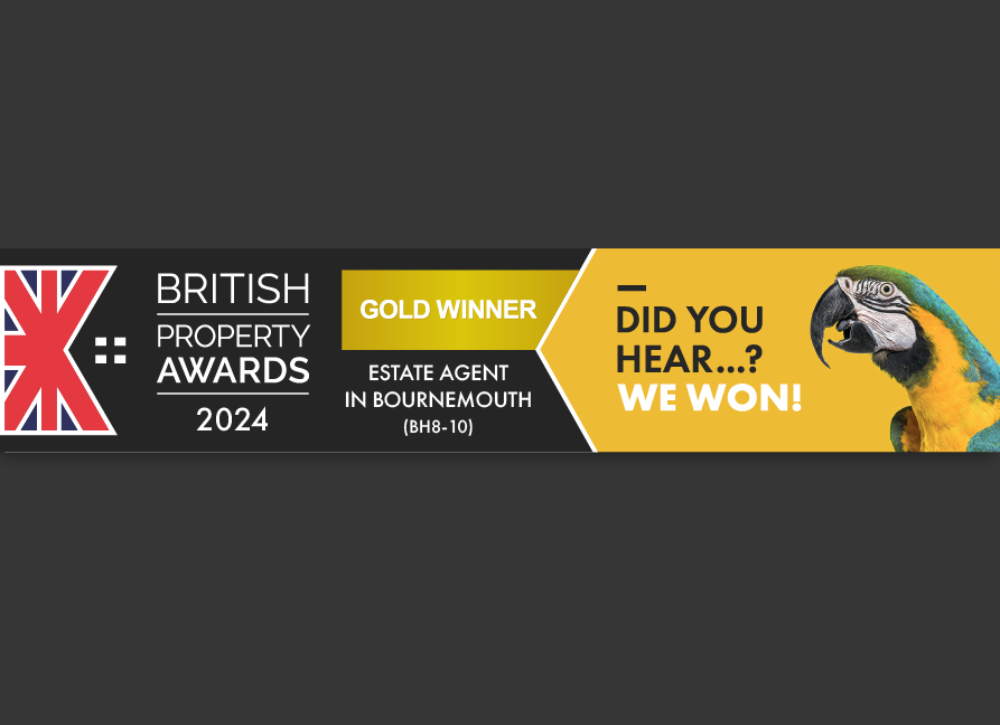As a tenant it is vital that you choose a landlord and letting agent that you can trust. Roberts operate under strict standards of professional and ethical practice with complete transparency so you can avoid unwelcome fees or legal hiccups throughout your tenancy.
Narrow your search. When you start the search for your ideal home it is worth considering your requirements:
1. Think about the location you’d like to live in
2. Consider your ‘must have’ list- what do you really want?
3. What’s your budget? Would you pay more for the right property?
4. How long do you need the accommodation for? Is it a stop gap or a long term solution?
5. When would you like to move in? Work backwards and start your search around six to eight weeks before this
Our top tip:
Budget carefully – allow for council tax and the cost of all utilities, which you’ll normally have to pay for.
Whether you have begun your search online or in the office of your letting agent, once you have found one or more properties which meet your requirements, a lettings consultant will take you on viewings so you can see the property in person.
Our staff are trained to keep up with the trends of the local markets in Bournemouth so we will be able to advise you on how to get the most out of your money in the location of your choice.
Our top tips for viewings:
1. Check out the space inside cupboards and wardrobes for storage space but remember if the property has a tenant you should respect personal property and ask before delving into cupboards
2. Remember to advise us on any maintenance issues prior to moving in
3. You’ll need more than just an emotional connection – Enquire about mobile phones reception, cable/ satellite dish, broadband availability and electrical sockets to stay connected in your new home
As of October 2008, every landlord is required to provide an Energy Performance Certificate (EPC) for any new tenancies in each property they rent out. This certificate gives the property a rating based on such factors as loft insulation, double glazing, boiler age, efficiency etc and more, and is valid for 10 years. The level of energy efficiency of your property will affect your energy bills so it is worth checking this out.
















